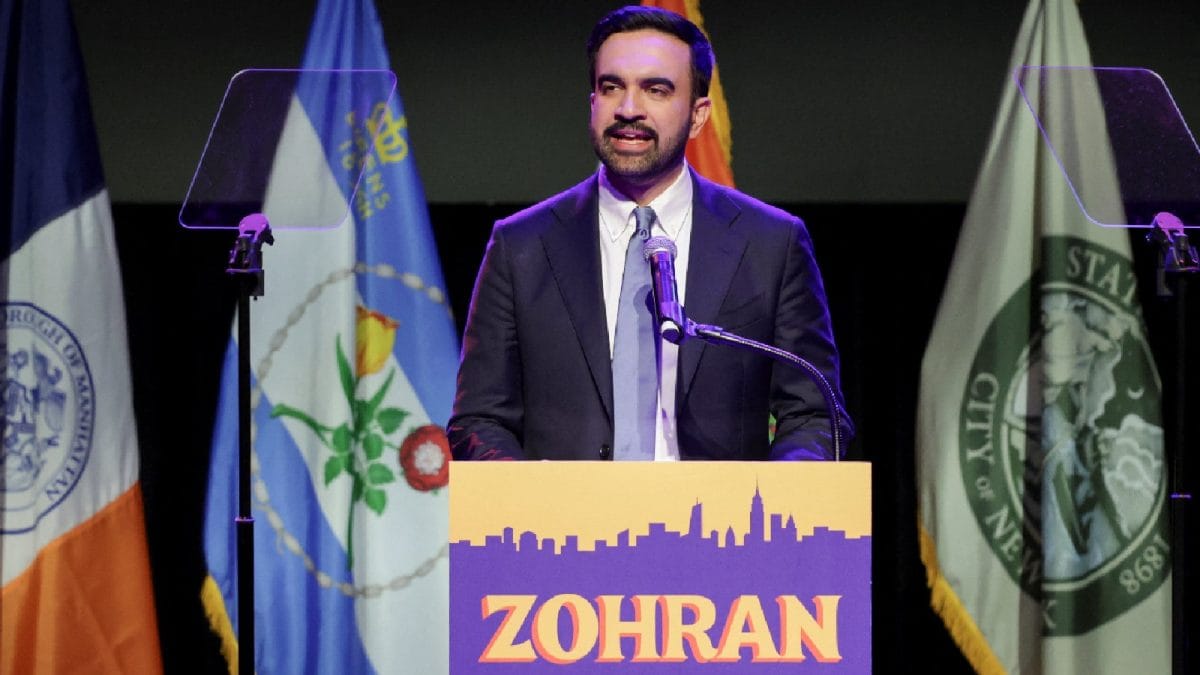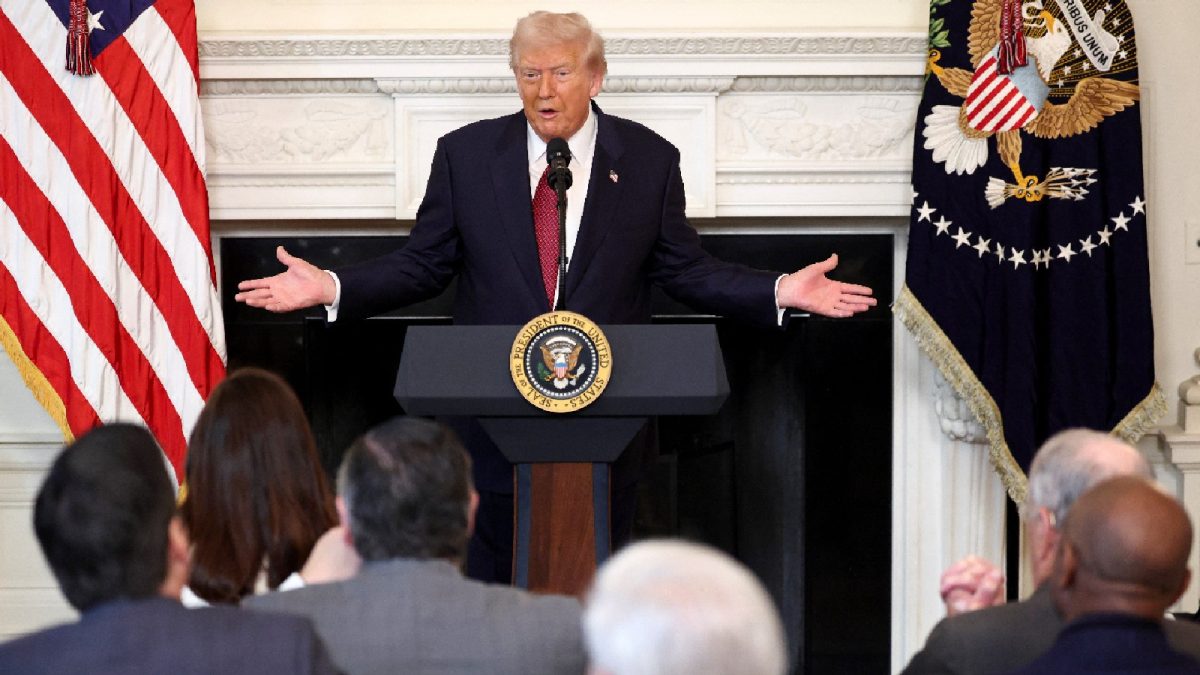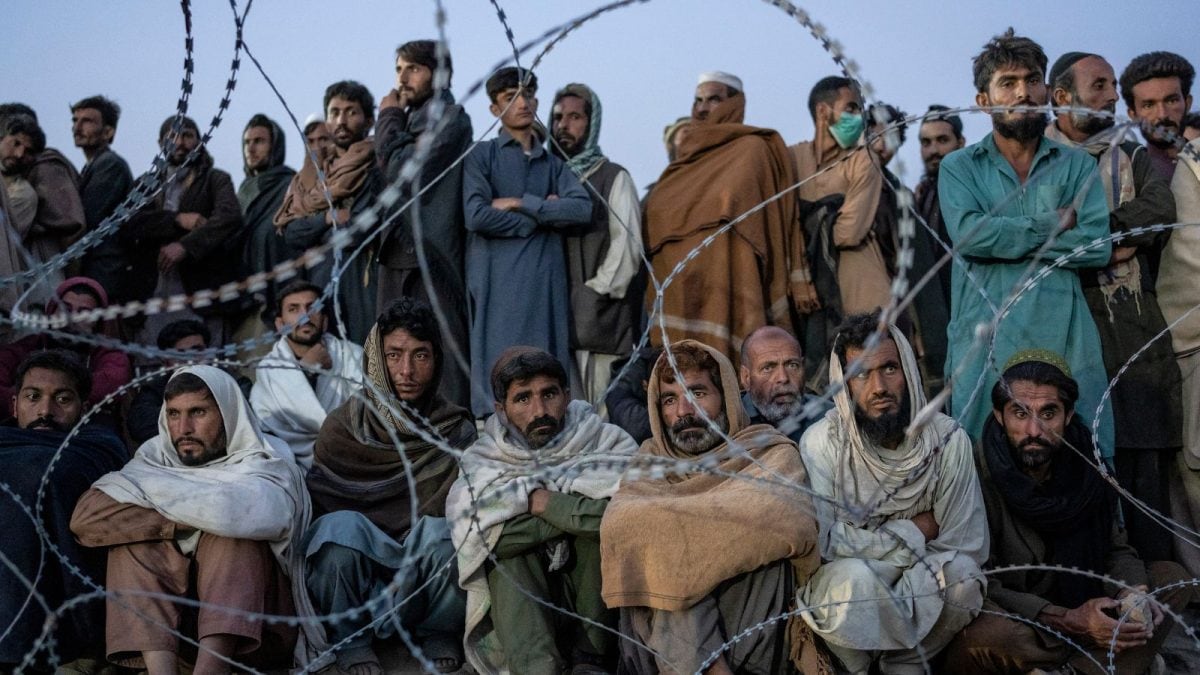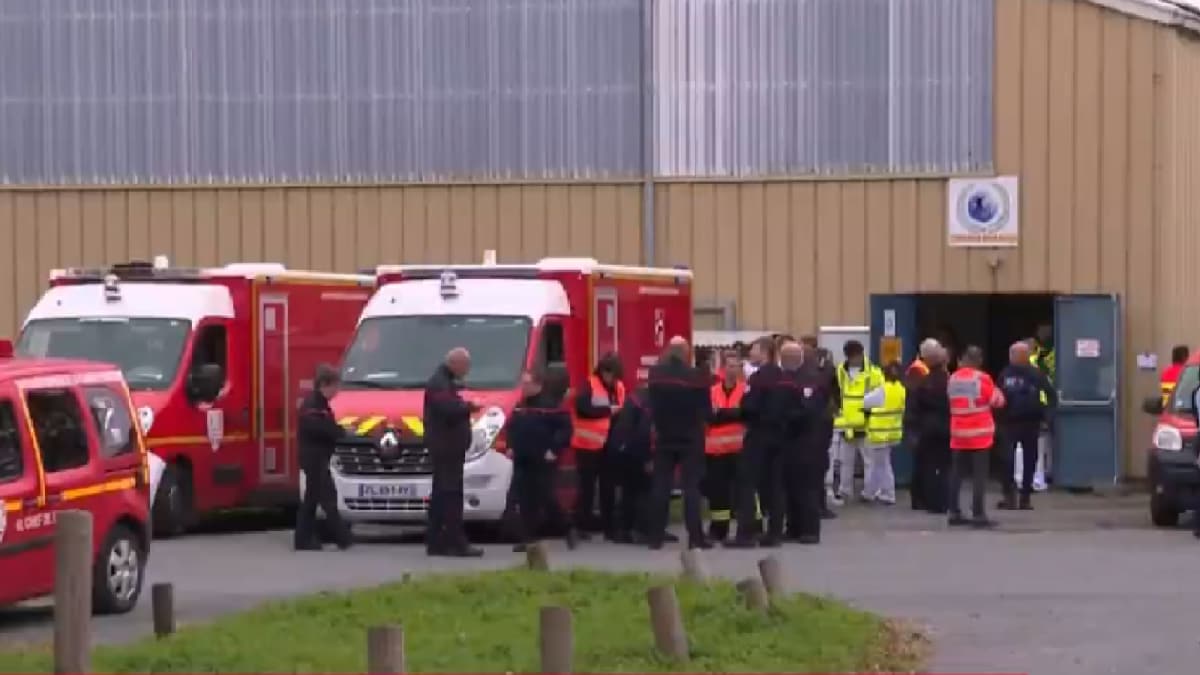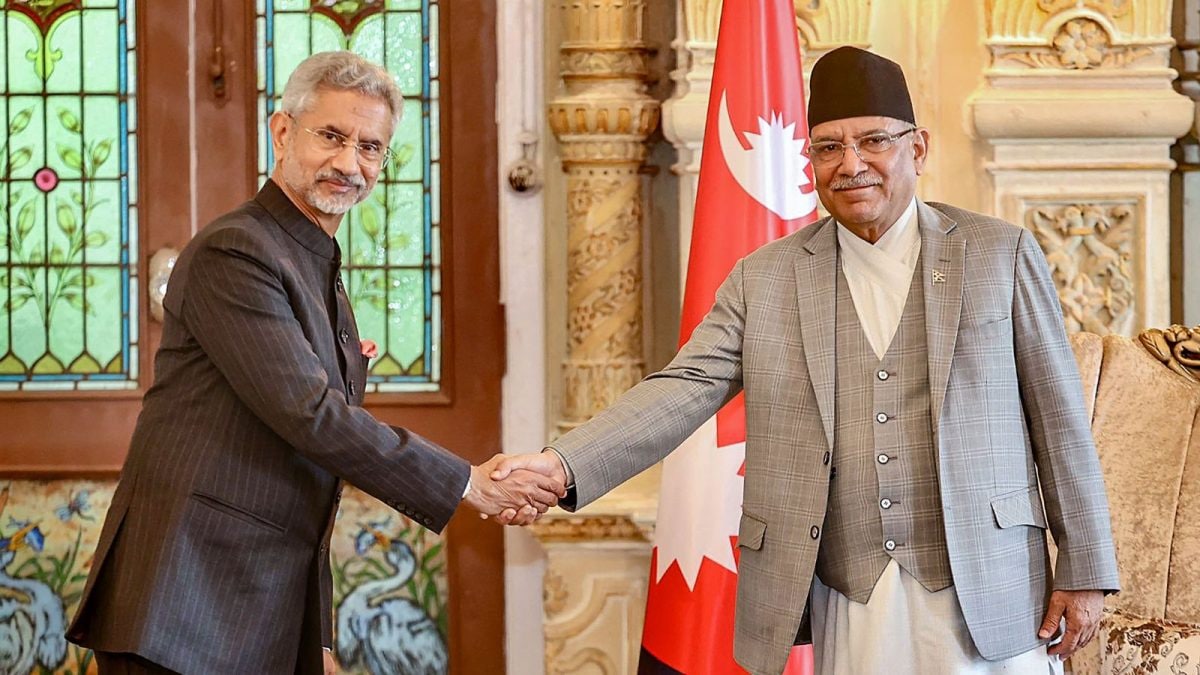Pakistan's Foreign Minister Ishaq Dar said Pakistan's "cup of tea" with the Afghan Taliban in 2021 came at a heavy cost, reopening borders to thousands of militants.

Pakistan’s Foreign and Deputy Prime Minister Ishaq Dar. (File photo)
Pakistan’s Foreign and Deputy Prime Minister Ishaq Dar on Tuesday indirectly blamed former Inter-Services Intelligence (ISI) chief Lt Gen. (retd) Faiz Hameed and the Pakistan Tehreek-e-Insaf government for the country’s worsening security crisis linked to Afghanistan.
Without taking names, Dar made a pointed reference to Hameed’s 2021 visit to Kabul, weeks after the Taliban takeover. In a video from the Kabul visit, the former ISI chief was seen sipping a cup of tea and saying that “everything will be fine”.
“Pakistan has done so much outreach that when we go there we say that we are here for a cup of tea... May Allah ease everyone’s difficulties, but that cup of tea cost us the most,” Dar said.
He added, “That cup of tea reopened the entire borders... The 35,000-40,000 Taliban who had fled from here came back... And the government of that time released the most hardened criminals who had burnt the flags of Pakistan in Swat, who had martyred many people.”
Dar’s statement marks one of the most direct acknowledgements by a senior Pakistani leader of how Islamabad’s outreach to the Afghan Taliban during the PTI regime backfired.
He said the move “reopened the doors” to militants and reignited terrorism inside Pakistan, urging that the country must “control ourselves so that we do not repeat such mistakes.”
The comments come amid renewed violence along the Pakistan-Afghanistan border — the worst since the Taliban seized power in Kabul in 2021.
Last month, dozens were killed in cross-border clashes triggered by Pakistani airstrikes inside Afghanistan targeting leaders of the Pakistani Taliban (TTP). In retaliation, Taliban forces attacked Pakistani military posts along the 2,600-km frontier. Although both nations later agreed to a ceasefire mediated by Turkey and Qatar, sporadic violence has continued, with multiple casualties reported on both sides.
Pakistan claimed to have killed a deputy leader of the TTP, Qari Amjad, a US-designated terrorist, as he attempted to cross from Afghanistan into Pakistan. Kabul condemned Islamabad’s airstrikes as a violation of its sovereignty and denied sheltering the group.
Dar’s remarks, laced with sarcasm, points to Pakistan’s internal reckoning over years of contradictory policies toward the Taliban — a relationship once seen as strategic but now increasingly viewed as self-destructive.
- Ends
Published On:
Nov 5, 2025

 2 hours ago
2 hours ago

